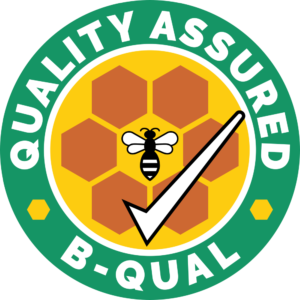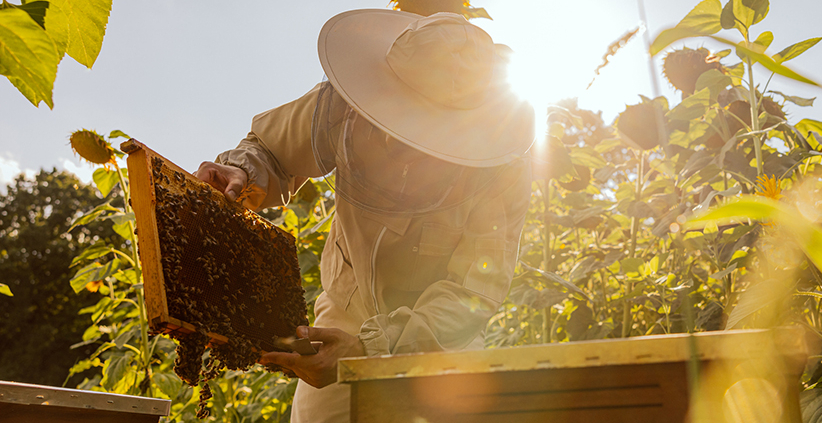Beekeeping Equipment Essentials: What Every Australian Apiarist Needs
A Solid Foundation for a Thriving Operation
For those running serious or commercial beekeeping operations in Australia, having the right equipment isn’t a luxury — it’s a necessity. As hives grow and production scales, the tools used can make the difference between efficiency and unnecessary setbacks. From protective gear to extraction systems, investing in quality equipment streamlines workflow, safeguards hive health, and supports long-term sustainability.
Protective Gear That Works as Hard as You Do
For experienced beekeepers, comfort and safety are paramount. A well-fitted ventilated bee suit, combined with high-quality gloves and a reliable veil, allows for extended hours in the apiary without overheating — particularly important in Australia’s warm climate. Many commercial operators also prefer reinforced boots to reduce the risk of stings and slips in busy yard environments.
A smoker remains an indispensable tool for managing hive temperament. While basic models do the job, serious apiarists often invest in larger capacity smokers that burn longer and more evenly, ideal for managing multiple hives in a single session.
Hives, Frames and Foundation
Commercial beekeepers understand that standardisation is key. Langstroth hives remain the most common choice for their versatility, interchangeability and ease of scaling. Using uniform hive bodies and standard frame sizes simplifies inspections, extractions and transport — especially when managing hundreds of colonies.
High-quality wax or plastic foundation can improve brood pattern consistency and honey yield. For operations focused on honey production, investing in durable frames that withstand repeated use and cleaning is critical to efficiency over time.
Extraction and Processing Equipment
Once production reaches commercial scale, manual methods become impractical. Radial extractors, uncapping machines, settling tanks and pumps allow large volumes of honey to be processed with precision and speed. Stainless steel equipment is preferred for hygiene, durability and compliance with Australian food safety standards.
Filtering systems and well-designed storage tanks support clean, market-ready honey. Many commercial apiarists also integrate automated or semi-automated systems to reduce labour time and improve consistency across harvests.
Transportation and Hive Management Tools
For migratory beekeepers, pallet systems, hive lifters and strapping equipment are essential. These ensure hives can be moved efficiently to follow nectar flows or access pollination contracts. Forklift-compatible pallets streamline loading and unloading while minimising disruption to the bees.
Queen excluders, feeders, and pollen traps round out a well-equipped operation. Each piece plays a role in maintaining hive health, supporting productivity and managing seasonal challenges.
Monitoring and Biosecurity Equipment
Australia’s evolving biosecurity landscape means commercial operators must prioritise monitoring and compliance. Varroa mite testing kits, pest detection boards and accurate record-keeping systems help ensure early detection and swift response. Integrated digital hive monitoring systems are also becoming more common, offering real-time insights into temperature, humidity and activity levels across large numbers of hives.
Proper sanitising and cleaning equipment helps reduce disease transmission and maintain compliance with national regulations — something increasingly important for professional operations.
Conclusion: Equip for Efficiency and Sustainability
For serious or commercial beekeepers in Australia, success is built on more than experience and good bees. It’s built on smart investment in the right equipment — tools that increase efficiency, protect hive health and support compliance with biosecurity standards. A well-equipped apiary isn’t just easier to run — it’s more resilient, more productive and better positioned for long-term success.
– Become BQUAL certified –

Proudly display the B-QUAL logo and demonstrate your enterprise is operating in accordance with the industry requirements and expectations of consumers, markets, regulatory authorities and the wider community, in relation to the key issues of food safety and industry best practices.



